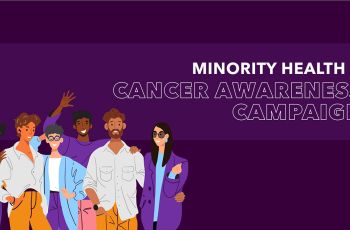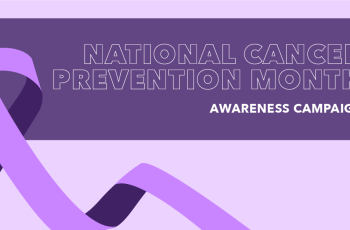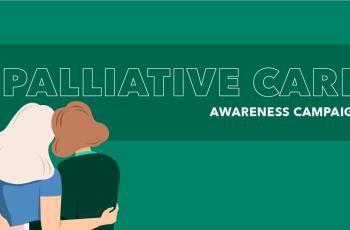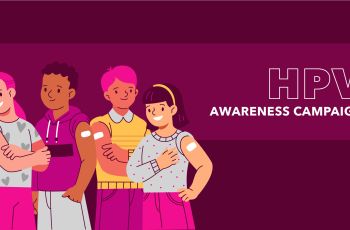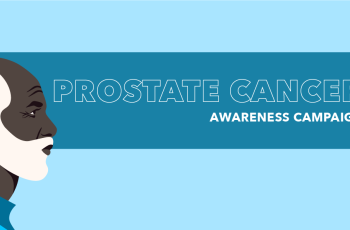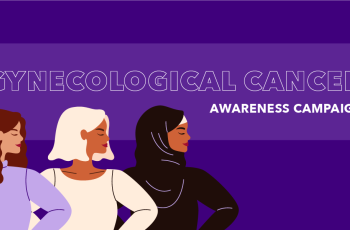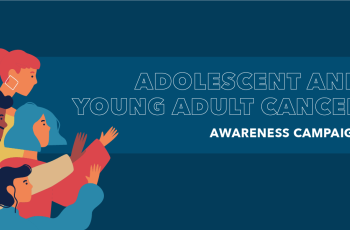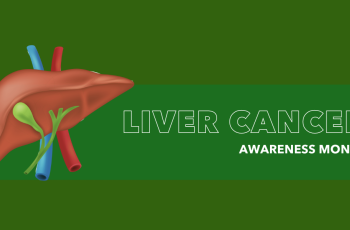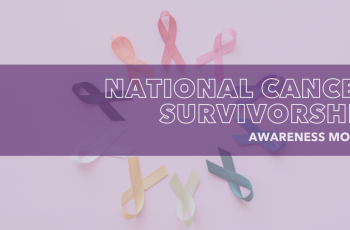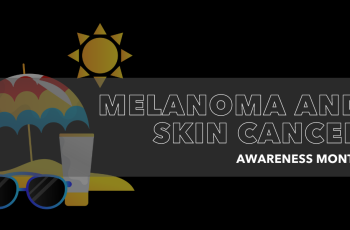This work was supported by Cooperative Agreement #NU58DP007539-01 from the Centers for Disease Control and Prevention (CDC).
Health Awareness Campaigns
National Minority* Health Month (NMHM) is observed annually in April. NMHM is an opportunity to raise awareness about health disparities affecting populations that have been marginalized, discriminated against and excluded in American culture, both historically and currently. NMHM acknowledges the…
Created by the American Association for Cancer Research (AACR), National Cancer Prevention Month (NCPM) is observed every February and promotes modifiable health behaviors to reduce the risk of cancer through factors like commercial tobacco use, physical inactivity, excessive sun exposure and…
Palliative care, sometimes called supportive or comfort care, is a type of comprehensive medical care for people diagnosed with a serious illness. Palliative care is focused on relieving and preventing physical, emotional and social side effects caused by illness or curative treatments. Palliative…
Human papillomavirus, or HPV, is a common virus that is spread through intimate contact. Of the approximately 150 types of HPV currently identified, at least 40 occur in the genital area. HPV infections are extremely common, and most people will get HPV in their lifetime. Many HPV infections are…
Prostate cancer is an invasive cancer that starts in the prostate, an organ within the typical male reproductive system. The prostate surrounds the urethra and produces fluid that, together with testicular sperm cells and other glandular fluids, makes up semen. The prostate is approximately the…
Gynecological cancer refers to any cancer that originates in a female reproductive organ, such as ovarian, cervical, uterine/endometrial, vaginal, and vulvar cancers. These cancers have varying symptoms, and as screenings are not available for these cancers except for cervical cancer, it is…
Adolescents and young adults (AYA) typically refers to patients 15 to 39 years old. The Centers for Disease Control and Prevention (CDC) reports that cancer is a leading cause of disease-related death for this age group. This health awareness campaign can help your organization implement evidence-…
This toolkit is designed to help public health professionals and comprehensive cancer control awardees and partners implement evidence-based and best practices when communicating about liver cancer and viral hepatitis prevention and awareness. It can also help plan, implement and evaluate social…
This health awareness campaign is designed to help partners implement evidence-based practices when communicating about cancer survivorship, including National Cancer Survivors Day® on the first Sunday of June. It can also help you plan, implement and evaluate your social media strategy and make…
This health awareness campaign is designed to help partners implement evidence-based practices when communicating about melanoma and skin cancer. It can also help you plan, implement and evaluate your social media strategy and make the case for why it is important.
